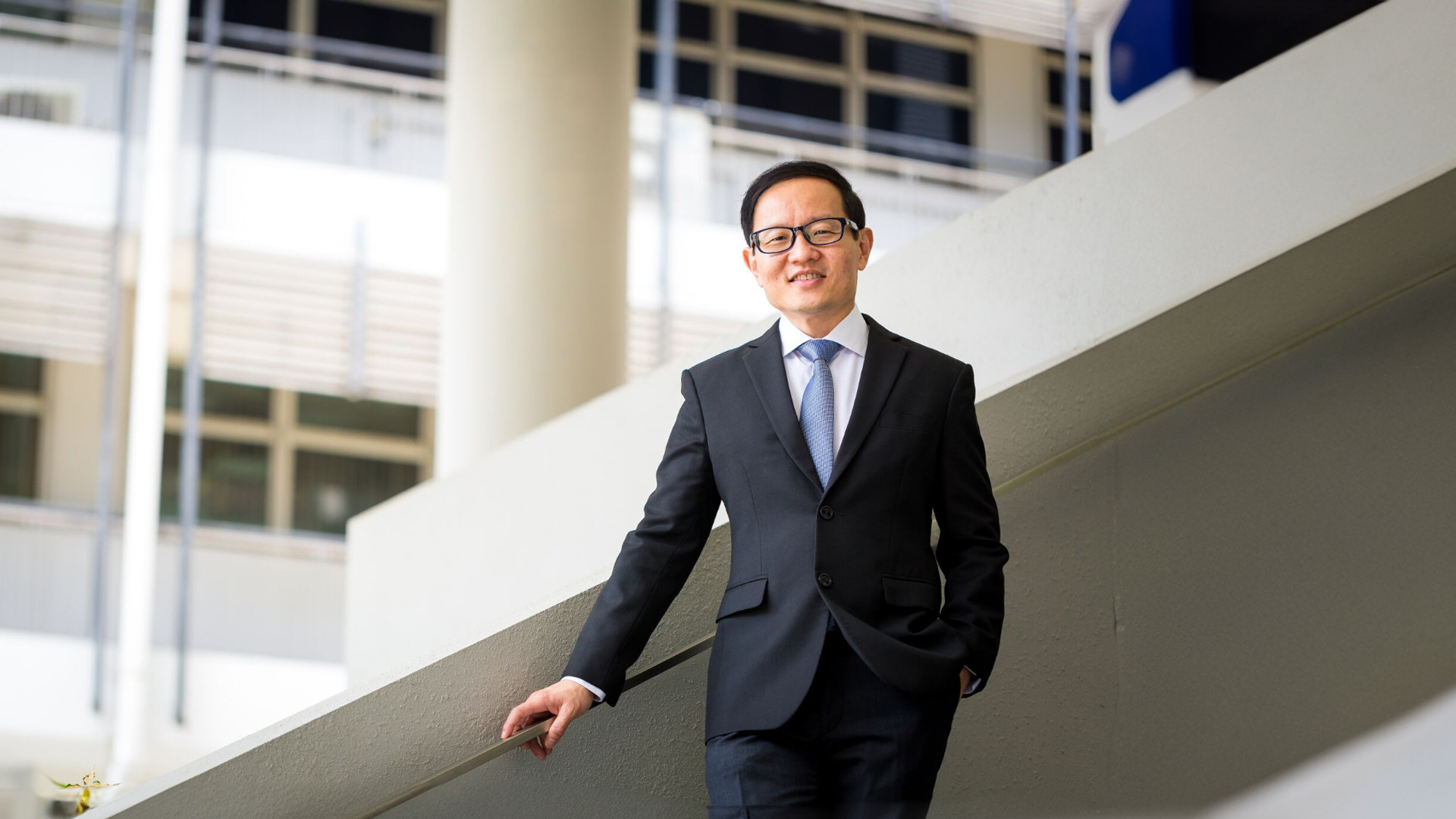
Professor Lim Chwee Teck, Director of the Institute for Health Innovation & Technology at the National University of Singapore (NUS iHealthtech) and NUSS Professor, has been elected to the prestigious Fellowship of the Royal Society. This esteemed recognition honors his invaluable contributions to the field of science, particularly in mechanobiology and biomedical engineering.
The Royal Society, established in 1660, is the world’s oldest scientific academy in continuous existence and the United Kingdom’s national academy of sciences. This year, it elected 70 new Fellows, including Professor Lim, who is the only scientist based in Singapore among the 2024 cohort.
Professor Lim’s pioneering research includes developing a biochip in 2009 that filters tumour cells through micro-channels from blood samples, aiding in the accurate diagnosis of cancers such as breast and prostate cancer. This device, commercialized by Biolidics, one of the deep-tech companies co-founded by Prof Lim, has seen global deployment with 140 systems installed in over 20 countries.
In addition to the biochip, Prof Lim has contributed to various innovations, such as a smart insole for diabetic patients to manage foot ulcers via an app and wireless gloves for virtual rehabilitation. His work has significantly advanced healthcare technology, bridging the gap between laboratory research and real-world applications.
Elected Fellows of the Royal Society are distinguished by the post-nominal letters FRS and include renowned individuals such as Sir Isaac Newton, Charles Darwin, and Stephen Hawking. Prof Lim’s election highlights Singapore’s growing influence in the global scientific landscape.
Prof Lim expressed his gratitude for this honor, acknowledging the support from NUS and his colleagues. His election to the Royal Society not only celebrates his achievements but also serves as an inspiration to Singapore’s scientific community.
Read more at: NUS News and The Straits Times.
